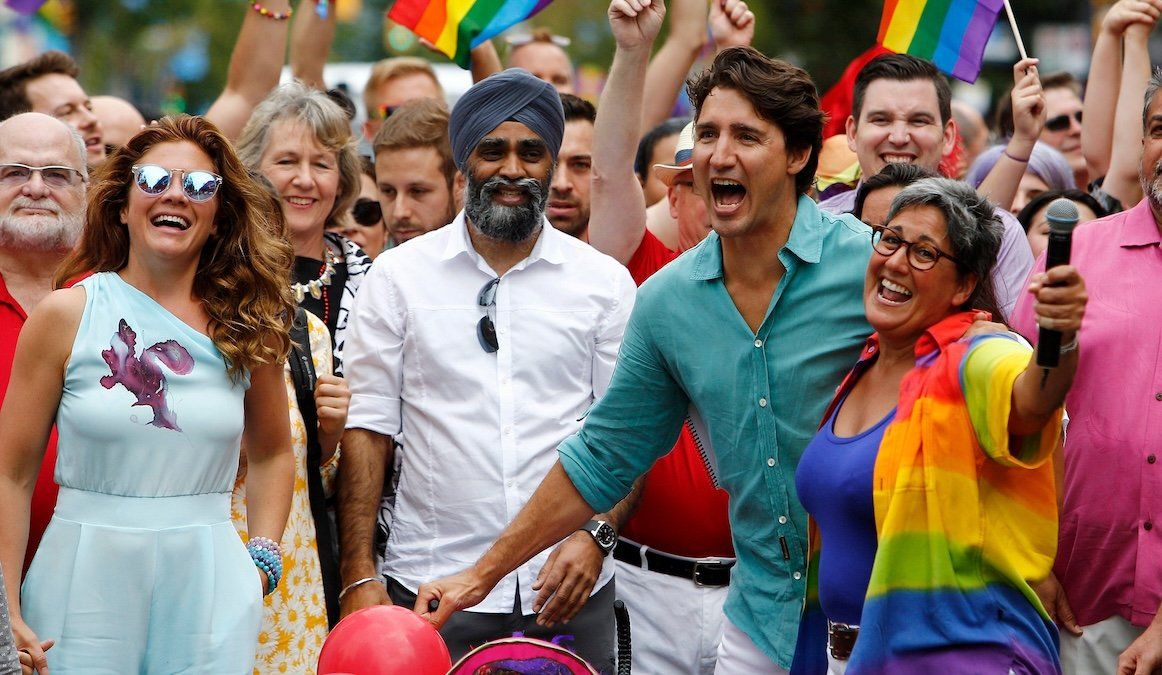3: Justin Trudeau led the Liberal Party to
three federal election wins: a majority government in 2015 with 184 seats (39.47% of the popular vote), and minority governments in 2019 with 157 seats (33.12%) and 2021 with 160 seats (32.62%).
1: Trudeau became the first Canadian prime minister to march in a Pride parade. He marched in the Toronto Pride parade in 2016 and has since then attended parades in many cities, including Montreal, Halifax, and Vancouver.
147: In November 2015, there were 77 long-term drinking water advisories affecting 53 First Nations communities. As of November 7, 2024, the Government of Canada reports that 147 advisories have been lifted, with 31 still in effect in 29 communities.
43: Under Trudeau’s leadership, the federal public service expanded by approximately 43%, adding over 110,000 employees since 2015. In the same period, Canada’s population expanded by 17%.
61.9: Trudeau campaigned in 2015 on a promise of “modest short-term deficits.” Canada’s federal budget deficit reached CA$61.9 billion for the fiscal year ending March 2024, exceeding the government’s own target by 50%.
1.4 million: According to a report by UNICEF, between 2015 and 2020, the share of Canadians living below the poverty line fell from 14.5% to 6.4%. Canada also had one of the largest proportional drops in child poverty between 2012 and 2021, thanks to programs like the Canada Child Benefit and CERB. However, poverty has rebounded since then, to 9.9% in 2022, with 1.4 million children classified as poor.
22: Trudeau’s approval ratings have declined significantly, with most recent polls indicating that only
22% of Canadians approve of his performance. Fifty-nine percent of his party supporters said he should resign so the party can choose a new leader.
